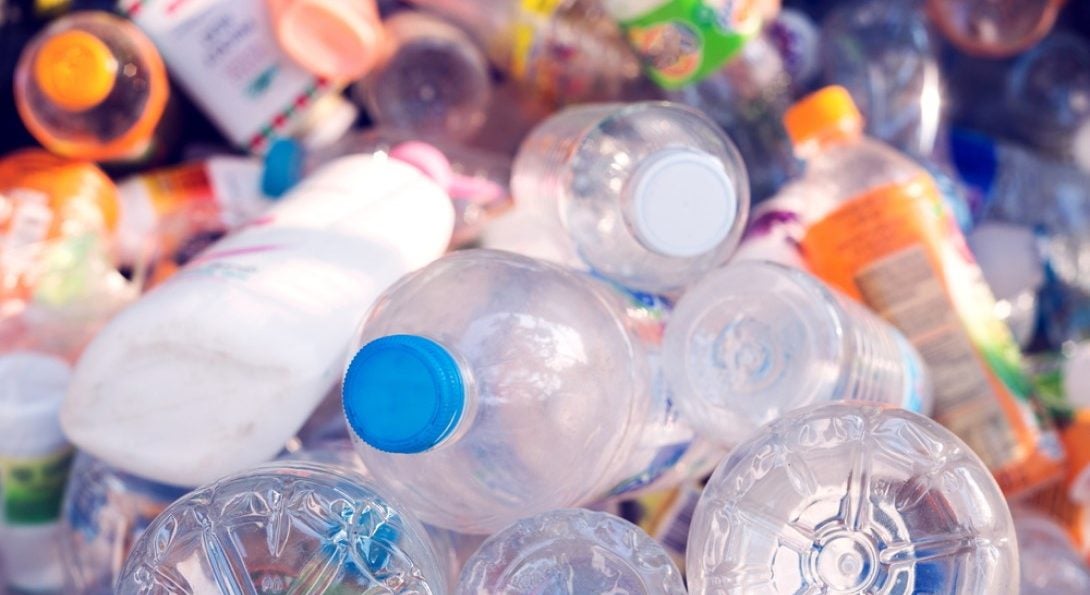Could this yeast enzyme cut through plastic waste?

Text block one Heading link
A recent report from the University of Leeds projected that humans will pour more than 1.3 billion tons of plastic waste into the world’s oceans and land over the next 20 years without widespread intervention.
Four UIC chemical engineering students are developing one such intervention for their senior design project.
The team, made up of Siva Sreedhar, Sedra Khan, David Alvarado, and Edwin Lozado-Pena, is designing a chemical plant that can extract an enzyme known as LCC — which stands for leaf branch compost cutinase — from a common yeast known as P. pastoris.
The enzyme could be a powerful weapon against plastic trash.
LCC, Khan said, “can degrade common plastics in a more efficient and environmentally friendly manner than the recycling methods we have now.”
“The beauty of LCC is that it has myriad uses, essentially any type of degradation or recycling involving common plastic,” she added.
The team, which submitted its design to the 2021 UIC Engineering Expo, initially wanted to focus on removing plastic from the world’s oceans, particularly the horrifying “islands” of waste that gather in the middle of the ocean or off coastal areas. Their research turned up information about a bacterium discovered in Japan that produces an enzyme that de-polymerizes a common type of plastic, PET, back to its monomers, which is a key step in the recycling process. One of the team’s early ideas was that this bacteria-derived enzyme could be sprayed onto the plastic islands to help break down the material, but further investigation led them to decide that LCC would be a more effective solution.
The students decided the most practical use of LCC would be to create it at an industrial scale — hence their design for a chemical manufacturing plant — and incorporate it into the current plastic recycling pathway. In their model, the plastic collected by cities and towns would be degraded using the mass-produced LCC in an environmentally friendly manner at existing recycling facilities.
The team thanked their mentor, Annette Johnston, for helping to guide them through the development of the project. Though the team members were initially excited about their idea, they ran into trouble figuring out how to make LCC at an industrial scale and how to make the whole operation profitable With Johnston’s assistance, they navigated their way through those challenges.
“The development has been a rollercoaster of emotions, with many hurdles encountered as we worked on making this project viable,” the team said. “All in all, with teamwork, determination, and a good support network, we made the impossible possible.”